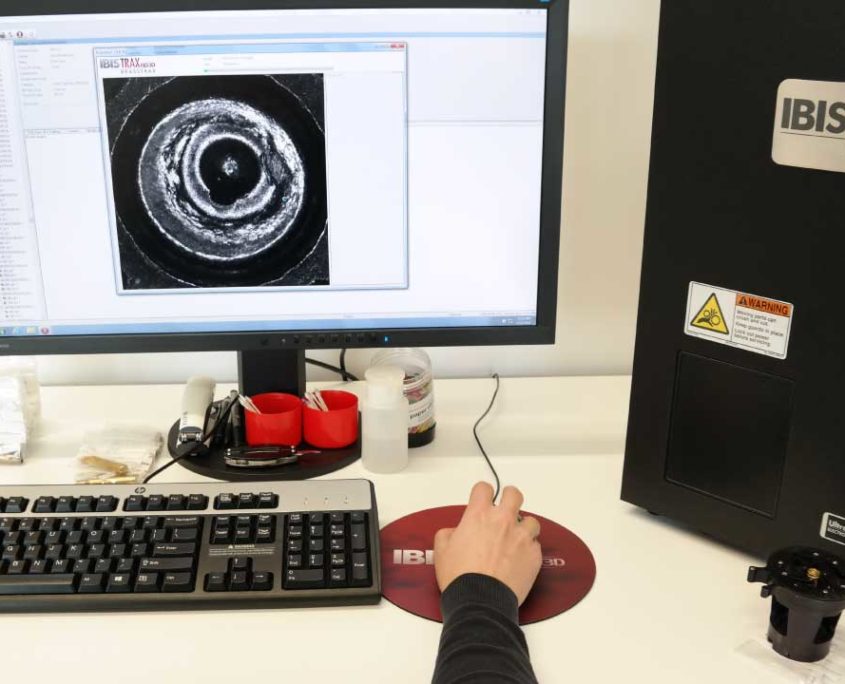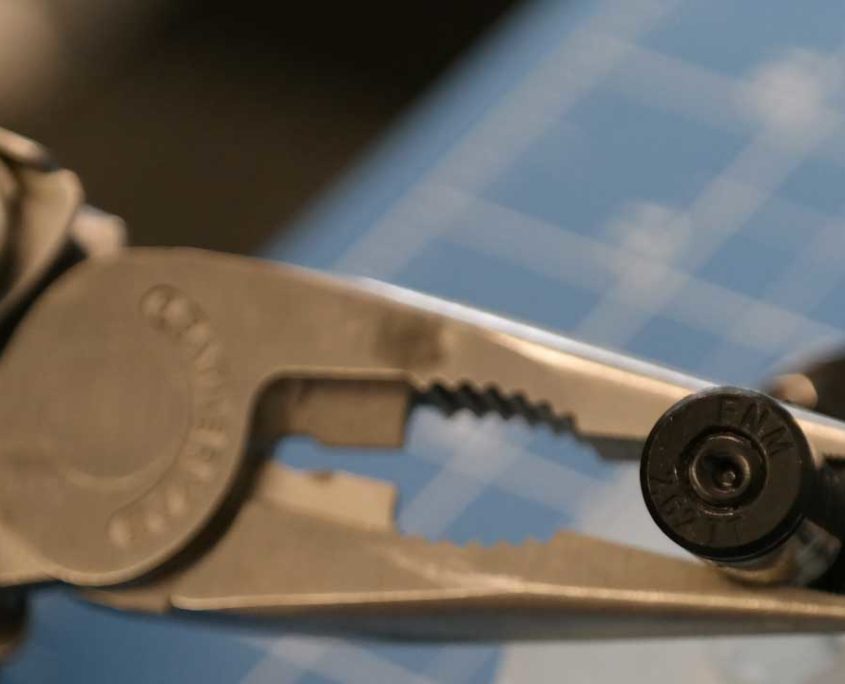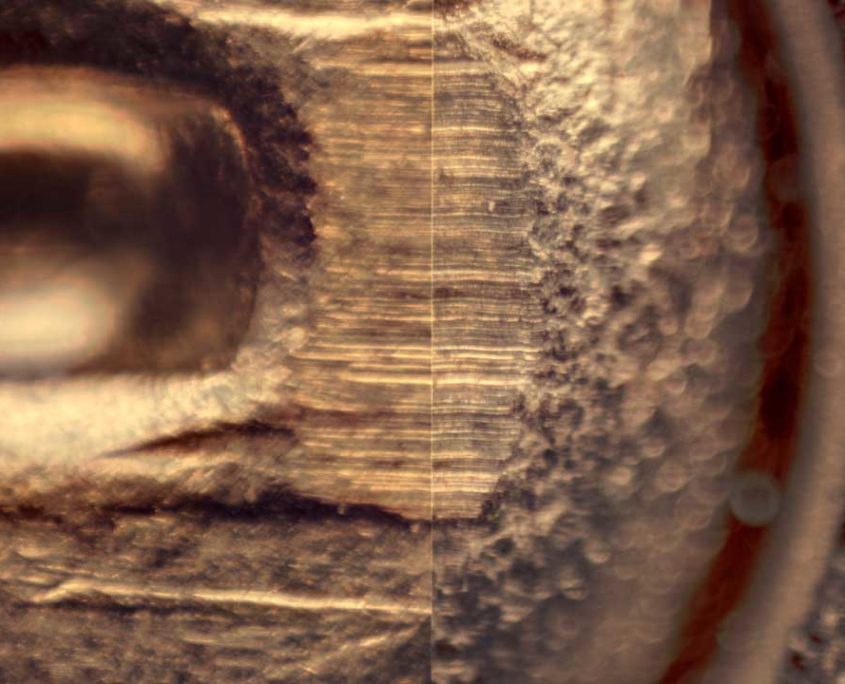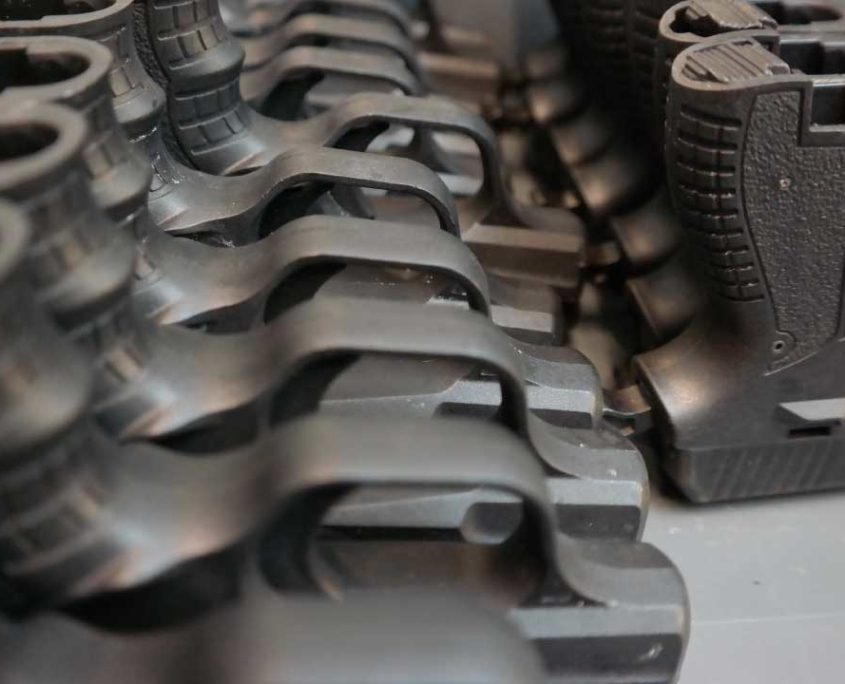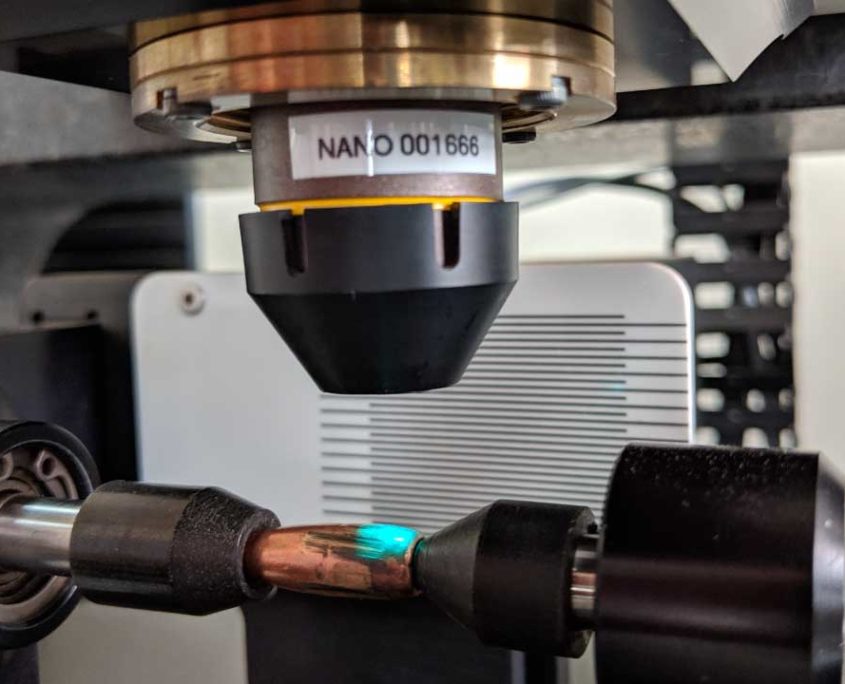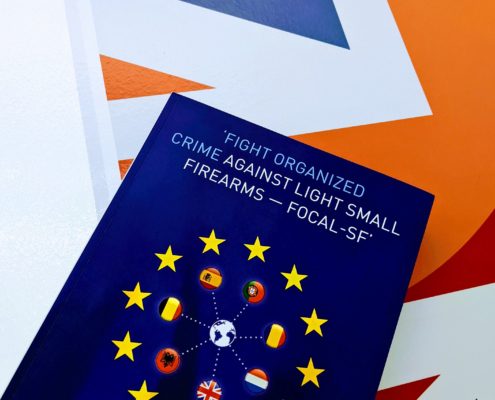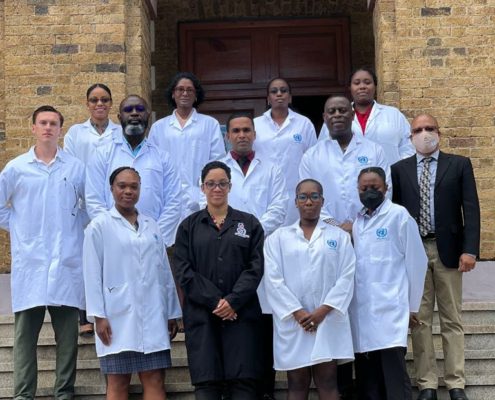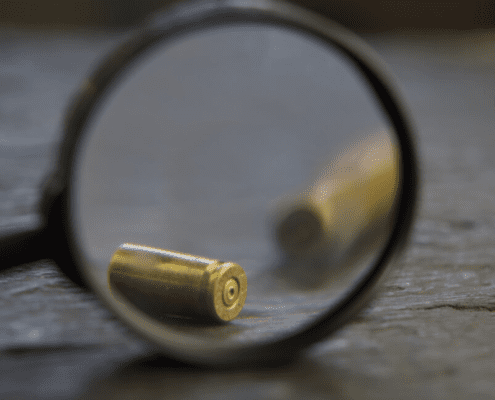 https://arquebus.uk/wp-content/uploads/2025/11/blog-cropped-v1-scaled.jpeg
1695
2560
Glenn Lawrence
https://arquebus.uk/wp-content/uploads/2022/02/Asset-1arquebus_logo.svg
Glenn Lawrence2025-11-24 09:38:142025-11-24 09:48:05Advancing Forensic Excellence in Montenegro: Ballistic Shooting Scene Incident Reconstruction Training
https://arquebus.uk/wp-content/uploads/2025/11/blog-cropped-v1-scaled.jpeg
1695
2560
Glenn Lawrence
https://arquebus.uk/wp-content/uploads/2022/02/Asset-1arquebus_logo.svg
Glenn Lawrence2025-11-24 09:38:142025-11-24 09:48:05Advancing Forensic Excellence in Montenegro: Ballistic Shooting Scene Incident Reconstruction TrainingArquebus provides specialist knowledge, services and expertise in ballistics forensics.
Laboratories across the globe suffer with many common issues; including casework backlogs, limited technology and equipment, training gaps and an imbalance of intelligence and evidential workflows. Arquebus can help in all these areas.
Arquebus uses the Integrated Ballistics Identification System (IBIS) in its own laboratory in the United Kingdom to support partners across the globe. Training, and a range of forensic ballistic services are also available to cover resource gaps where required.
IBIS Laboratory Services
At its UK based laboratory, Arquebus operates the Integrated Ballistics Identification System (IBIS) – the market leading ballistics intelligence tool used by law enforcement agencies across the world.
IBIS is the underpinning technology used for the National Integrated Ballistics Information Network (NIBIN) and the INTERPOL Ballistics Information Network (IBIN). Arquebus has the capability to acquire ballistic material into IBIS and hold them on its own IBIS database for comparison analysis or transfer to another IBIS database.
Ballistic material, such as cartridge cases and bullets, can be sent to our laboratory for our experienced technicians to acquire into Arquebus’ local database. Arquebus recommends test-fired samples should be couriered; however crime exhibits should be ‘double cast’, with only the cast copies being submitted for processing. Where a laboratory has no ballistics identification system, or has a casework backlog, Arquebus is able to support by providing a managed service using our IBIS laboratory.
For acquired ballistic material, Arquebus provides correlation review services via IBIS MATCHPOINT. Locally acquired ballistic material can be reviewed, but Arquebus is also able to connect remotely to an IBIS database and conduct correlation reviews from the United Kingdom. Where a laboratory has casework backlogs, peer review requirements, staff absence or knowledge gaps, Arquebus can assist in this area.
IBIS Laboratory Services
At its UK based laboratory, Arquebus operates the Integrated Ballistics Identification System (IBIS) – the market leading ballistics intelligence tool used by law enforcement agencies across the world.
IBIS is the underpinning technology used for the National Integrated Ballistics Information Network (NIBIN) and the INTERPOL Ballistics Information Network (IBIN). Arquebus has the capability to acquire ballistic material into IBIS and hold them on its own IBIS database for comparison analysis or transfer to another IBIS database.
Ballistic material, such as cartridge cases and bullets, can be sent to our laboratory for our experienced technicians to acquire into Arquebus’ local database. Arquebus recommends test-fired samples should be couriered; however crime exhibits should be ‘double cast’, with only the cast copies being submitted for processing. Where a laboratory has no ballistics identification system, or has a casework backlog, Arquebus is able to support by providing a managed service using our IBIS laboratory.
For acquired ballistic material, Arquebus provides correlation review services via IBIS MATCHPOINT. Locally acquired ballistic material can be reviewed, but Arquebus is also able to connect remotely to an IBIS database and conduct correlation reviews from the United Kingdom. Where a laboratory has casework backlogs, peer review requirements, staff absence or knowledge gaps, Arquebus can assist in this area.
DOUBLE CASTING
The cloning of ballistic material via the ‘double casting’ process has become an essential tool for many laboratories to share exhibits nationwide (or internationally) in an extremely cost-effective manner. Arquebus is able to supply double casting kits, training, and processes to deliver capacity building for any laboratory.
The technique involves creating plastic copies of ballistic items that are accurate to a microscopic level of detail. The process is internationally accepted, and INTERPOL approved. Casts are suitable for use in both conventional comparison microscopy, as well as acquisition into IBIS.
Many laboratories are required to send personnel with exhibits when sharing ballistics evidence to maintain chain-of-custody. This is often at cost to the laboratory, losing experienced practitioners for a period of time. Double casts are ideal for transportation without personnel and can be couriered when packaged correctly. In situations where the cast is lost, it is easy to produce an additional copy, or send multiple copies to regional laboratories, especially when an open case file is not centralised.
Arquebus is able to provide everything required for a laboratory to begin double casting, including a wealth of knowledge from R&D to make the process efficient and trouble-free. This includes our 3D printed mould bases for easy exhibit mounting / demoulding and quality control.
DOUBLE CASTING
The cloning of ballistic material via the ‘double casting’ process has become an essential tool for many laboratories to share exhibits nationwide (or internationally) in an extremely cost-effective manner. Arquebus is able to supply double casting kits, training, and processes to deliver capacity building for any laboratory.
The technique involves creating plastic copies of ballistic items that are accurate to a microscopic level of detail. The process is internationally accepted, and INTERPOL approved. Casts are suitable for use in both conventional comparison microscopy, as well as acquisition into IBIS.
Many laboratories are required to send personnel with exhibits when sharing ballistics evidence to maintain chain-of-custody. This is often at cost to the laboratory, losing experienced practitioners for a period of time. Double casts are ideal for transportation without personnel and can be couriered when packaged correctly. In situations where the cast is lost, it is easy to produce an additional copy, or send multiple copies to regional laboratories, especially when an open case file is not centralised.
Arquebus is able to provide everything required for a laboratory to begin double casting, including a wealth of knowledge from R&D to make the process efficient and trouble-free. This includes our 3D printed mould bases for easy exhibit mounting / demoulding and quality control.
MICROSCOPY
Evidentially, microscopy remains the most important tool in any ballistic laboratory in the process of determining matches. Arquebus utilises the VisionX comparison microscope, produced by Projectina AG, for its own microscopy work and microscopy training courses.
Our highly skilled staff have experience in evidential microscopy to match exhibits, conduct peer review, and produce photographs for reports. All of these areas are part of our microscopy training, which is available to new or experienced firearms examiners.
Microscopy requires regular competency testing and practice to maintain sufficient levels of expertise. Creating an effective competency process internally within a laboratory is key to producing a sustainable environment of expertise and allow for the training of future laboratory staff. Arquebus can provide the framework and process development to create a self-sustaining environment that meets international standards.
MICROSCOPY
Evidentially, microscopy remains the most important tool in any ballistic laboratory in the process of determining matches. Arquebus utilises the VisionX comparison microscope, produced by Projectina AG, for its own microscopy work and microscopy training courses.
Our highly skilled staff have experience in evidential microscopy to match exhibits, conduct peer review, and produce photographs for reports. All of these areas are part of our microscopy training, which is available to new or experienced firearms examiners.
Microscopy requires regular competency testing and practice to maintain sufficient levels of expertise. Creating an effective competency process internally within a laboratory is key to producing a sustainable environment of expertise and allow for the training of future laboratory staff. Arquebus can provide the framework and process development to create a self-sustaining environment that meets international standards.
LABORATORY PROCESSES
A laboratory requires robust processes to ensure quality and consistency in the testing and analysis it conducts. Standard Operating Procedures (SOPs) provide the basis for personnel to adhere to these standards and provide efficiency in the processing of casework.
Technology and equipment are integral parts of a firearms laboratory. However, they should be carefully embedded into an operating procedure to provide the best possible outcomes.
Arquebus’ team has operated in over 30 laboratories globally, observing, advising, and providing process support to enable laboratories to operate effectively. A key component is establishing intelligence and evidential workflows in separate streams, in order to provide fast-time intelligence to investigating officers, as well as slower time evidential work when required.
Most laboratories are effective at producing evidential work, whereas intelligence processes and reporting are rarely in place as a tool to pro-actively support an investigation involving a firearm. A harmonisation of both processes provides an excellent foundation to solve and prevent firearms enabled crime.
LABORATORY PROCESSES
A laboratory requires robust processes to ensure quality and consistency in the testing and analysis it conducts. Standard Operating Procedures (SOPs) provide the basis for personnel to adhere to these standards and provide efficiency in the processing of casework.
Technology and equipment are integral parts of a firearms laboratory. However, they should be carefully embedded into an operating procedure to provide the best possible outcomes.
Arquebus’ team has operated in over 30 laboratories globally, observing, advising, and providing process support to enable laboratories to operate effectively. A key component is establishing intelligence and evidential workflows in separate streams, in order to provide fast-time intelligence to investigating officers, as well as slower time evidential work when required.
Most laboratories are effective at producing evidential work, whereas intelligence processes and reporting are rarely in place as a tool to pro-actively support an investigation involving a firearm. A harmonisation of both processes provides an excellent foundation to solve and prevent firearms enabled crime.
BALLISTIC FINGERPRINTING
Test-fire programs for legally held civilian or state-owned firearms is an area of unique expertise for Arquebus, as it is complimented by FireCycle – Arquebus’ proprietary firearms lifecycle management platform. Taking the ballistic signature of a firearm can be achieved through controlled test-firing and quality control processes.
It is important to highlight that this is fundamentally a very different approach, end-to-end, to the criminal investigation and the test-firing of illegal firearms. Test-fired samples in a ballistic fingerprinting program can be held in storage (passive program) or imaged into a ballistics identification platform, such as IBIS (active program).
There are many complexities involved in the suitability for ballistic fingerprinting programs, and in some cases, it may not be an effective tool in detecting the diversion of firearms into illicit use. Arquebus’ experience in firearms registration and conducting scoping exercises can evaluate the suitability for such a program as part of a National Action Plan against the diversion of SALW. Record keeping of firearms, without test-firing, still remains an essential control measure, read more about Firearms Registration and FireCycle here.
BALLISTIC FINGERPRINTING
Test-fire programs for legally held civilian or state-owned firearms is an area of unique expertise for Arquebus, as it is complimented by FireCycle – Arquebus’ proprietary firearms lifecycle management platform. Taking the ballistic signature of a firearm can be achieved through controlled test-firing and quality control processes.
It is important to highlight that this is fundamentally a very different approach, end-to-end, to the criminal investigation and the test-firing of illegal firearms. Test-fired samples in a ballistic fingerprinting program can be held in storage (passive program) or imaged into a ballistics identification platform, such as IBIS (active program).
There are many complexities involved in the suitability for ballistic fingerprinting programs, and in some cases, it may not be an effective tool in detecting the diversion of firearms into illicit use. Arquebus’ experience in firearms registration and conducting scoping exercises can evaluate the suitability for such a program as part of a National Action Plan against the diversion of SALW. Record keeping of firearms, without test-firing, still remains an essential control measure, read more about Firearms Registration and FireCycle here.
Remove ‘d-none’ class to display block
TRAINING
At Arquebus we believe that training should be given by practitioners, people who use the very process, or system, that is being taught. By following this ethos, we can ensure the knowledge transferred is based on real-world experience and not just what it says in the manual.
As certified IBIS trainers, we regularly provide training in all aspects of the IBIS system to new system users, as well as to current users as part of the yearly refresher training offered by Ultra Electronics Forensic Technology. As high-volume users of the IBIS systems ourselves, we are able to provide training that enables users to not only grasp the operation of the system both quickly and effectively, but also get the very best from this powerful tool in quick time through the application of real-world experience.
Arquebus also conducts significant training in relation to Double Casting, as well as providing all of the necessary equipment required to complete the Double Casting process. Arquebus has provided numerous Double Casting courses around the world and is highly experienced in both the theoretical and practical application of the process. As such we are able to offer hands-on practical training that will ensure users have the necessary skills required to delivery the Double Casting process for years to come.
To find out more about our training services, please view our dedicated Training Service area or get in touch to discuss your training requirements.
Remove ‘d-none’ class to display block
SCOPING MISSIONS
As countries and states seek to enhance their forensic firearms capabilities, Arquebus is able to use its extensive experience to support laboratories in assessing current working practices in relation to the management and processing of ballistic material.
Via a dedicated Scoping Mission, experts from Arquebus assess laboratory processes, equipment needs, and training, as well as the interactions with relevant actors such as intelligence officers, investigators, and prosecutors. Following each Scoping Mission Arquebus produces a fully comprehensive report detailing areas of development along with key recommendations that can be used to drive change.
Donors seeking to support beneficiaries are also able to use this unique service in order to define areas of improvement that could benefit from international development funding. For more information regarding the broader assessment of Small Arms and Light Weapons (SALW) capabilities, please read our SALW section.
